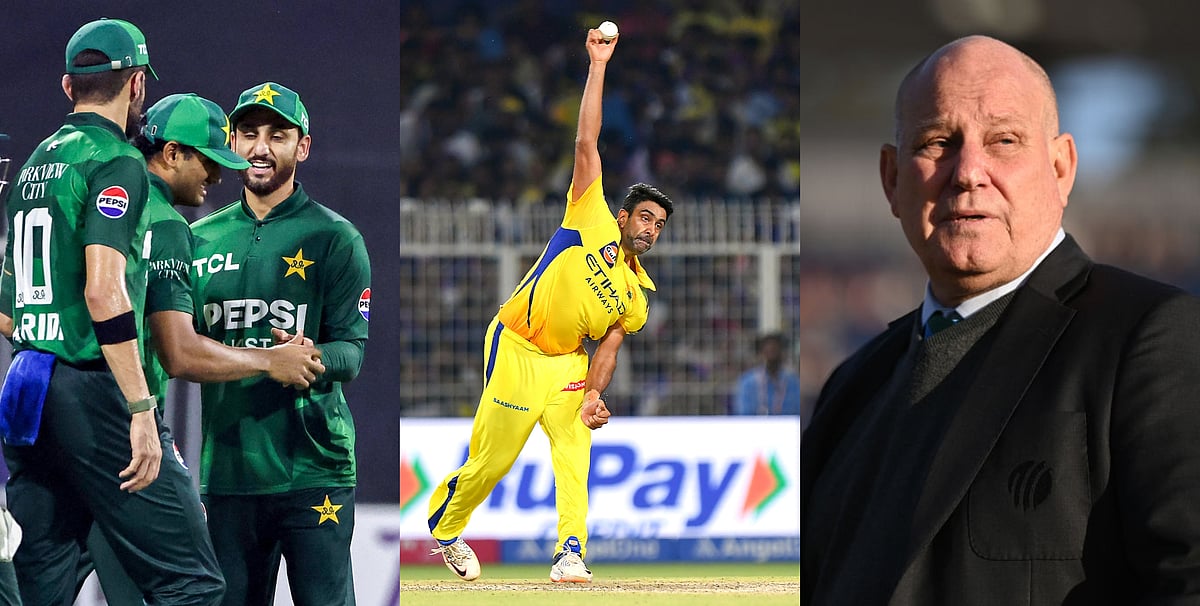The stigmatisation of mental health issues and no mandate for a licence to practise in Indian society cause a misunderstanding of counselling as a profession in the country. This hinders growth in the field of psychology. A non-licensed counsellor has not received state licensure to practice therapy. India only requires an individual to obtain a Rehabilitation Council of India (RCI) certificate to perform tests and become a licensed practitioner. A master’s degree qualifies a person to start working in the field. However, unlicensed counselling provides several hurdles and can be problematic for several reasons.
The International Journal of Indian Psychology (IJIP) outlines counselling as the professional assistance provided to individuals by discussing and finding solutions to their problems. In a National Survey Report study conducted across eight cities in India over 5 months in 2018, 27% of those who were perceived to have a mental illness received support, 47% faced higher judgement due to being perceived as having a mental illness, and 26% feared those perceived as having a mental illness.

Canva
Licensed vs Unlicensed
Licensed therapists receive more extensive training and education compared to those who are unlicensed, which may limit their ability to address complex mental health issues. The lower level of practical experience or theoretical knowledge limits the range of mental health issues they can handle.
Comparatively, a licensed therapist offers various therapeutic interventions, from cognitive behavioural therapy to psychodynamic therapy, tailored to the specific needs of their clients. This concern is significant for clients requiring specialised treatment.
The credentials of licensed therapists signify their commitment and adherence to established standards of the profession, forging a greater understanding of trust between the client and therapist. It improves the therapist’s reputation within the professional mental health community. In contrast, clients may be apprehensive to work with an unlicensed counsellor due to blurry lines in ethics and their ability to work on a problem. This lack of recognition affects clients’ trust and confidence in their therapist’s abilities.
Global Comparison
In countries like the United States and Germany require counsellors or therapists to have licences to legally practise. According to the American Counselling Association (ACA), a professional counsellor licence attests that one has met their state’s minimum requirements for practising as a counsellor. Each state determines the scope of practice and diagnostic authority permitted by its counselling licence. In the U.S., the requirement of licensure is driven by the need for consumer protection and public safety.
In Germany, psychotherapeutic care is highly regulated, wherein scientifically proven approaches are admitted into the practice. The Psychotherapists’ Law of 1999 states that psychological and child/adolescent psychotherapists are permitted to diagnose and treat mental disorders with psychotherapy under their own responsibility as a legally defined healing profession. In other words, it focuses on the legal requirements for training and licensing psychological psychotherapists and child and adolescent psychotherapists. The law, currently undergoing a process of change, thoroughly regulates the qualification and licensure of psychotherapists.

Canva
Future Implications
Learning from the examples of the countries that have regulatory laws in the field of counselling and psychology, India should build a more rigid set of regulations regarding licensure for counselling practices for the safety of its citizens.
According to the World Health Organisation (WHO), 56 million (4.5%) of Indians suffer from depression, and another 38 million (3.5%) suffer from anxiety. These statistics, piled with the stigmatisation surrounding mental health, warrant a stronger set of laws about the professionalism and quality of care provided by the industry of psychology towards the citizens of the country.












